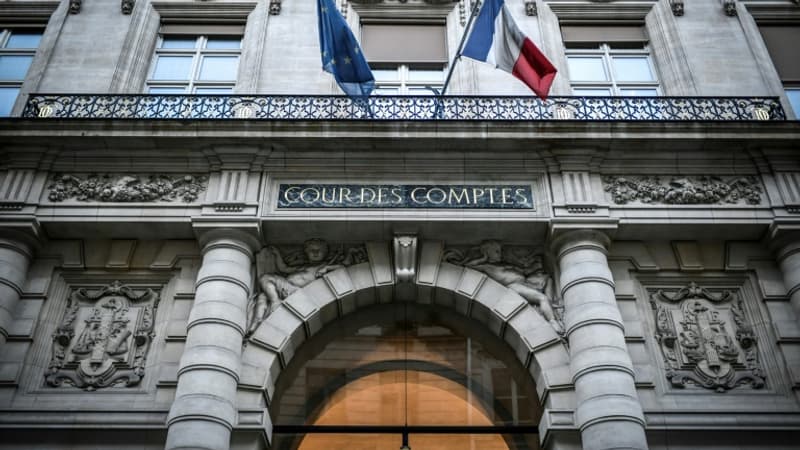The Court of Auditors asks the nuclear players, EDF and the State in the lead, to strengthen the adaptation of reactors to global warming, in particular through a better understanding of the problem of the water needed to cool power plants, in a report published on Tuesday.
More than an economic issue, “the adaptation of nuclear reactors to climate change represents a challenge of anticipation, especially at a time when our country is embarking on the ambitious new nuclear project”, summarized before the senators Annie Podeur, president of the Chamber II. of the Court of Accounts.
“The consequences of climate change affect the facilities (the resistance of the equipment, the compatibility with acceptable working conditions) and the immediate environment in relation to the exploitation (the flow and temperature of the rivers but also the sea level )”, recalled the magistrate.
Estimated by EDF, the cost of investments (construction of dikes, renewal of air cooling towers, etc.) remains “modest”, around 960 million euros between 2006-2021 and 600 million for the next 15 years. , underlines the report. which requires a more complete evaluation. But the country lacks projections for these 10-15 years regarding the availability of fresh water and the flow of rivers, warns the Court.
“Alert addressed to nuclear players”
“The availability of water is the main problem”, stresses Annie Podeur, because the reactors depend on it for cooling, both in “open circuit” (water taken and then rejected, which increases the temperature of the rivers) and “closed ” (less water extraction but evaporation). The Court requests “to update the scientific foundations that justify the regulatory limits of thermal discharges, and this in a concerted manner”.
And for the “new nuclear”, which is likely to start in 2035, the climatic limitations will be even stronger, insists the report, which invites to “examine” the sites that operate abroad in hot climates: “It is a form alert sent to the nuclear actors”. says Annie Power.
In fact, the court finds that the 6 future EPR2s desired by the government do not include “any marked technological development” in terms of a “low water” cooling system. Nor are the most extreme projections in terms of sea level rise considered. The Tribunal calls for “quickly producing pre-feasibility studies” as to the location of the eight additional now optional EPRs, and calls for “a territorialized and common approach for all stakeholders directly involved.”
Source: BFM TV


